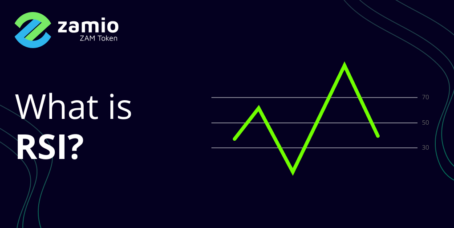Gas fees are a fee that a user must pay to offset the computing power used by the network needed to process a transaction on the blockchain. Ethereum. Gas fees are similar to the processing fees that credit cards may charge when transferring money to multiple accounts or paying bills.
Table of Contents
What are the Ethereum gas prices?
To send and receive cryptocurrencies on most blockchains, you must pay a transaction fee. This transaction fee can vary widely (from less than $0.0001 to over $100) and depends on the blockchain you use and your current demand for block space. In Ethereum, the transaction fee required to use the network is called the gas fees (or gas price). Ethereum’s native currency is Ether (ETH), and transaction gas fees are paid using ETH.
Gas fees are used to pay for computing resources on the Ethereum blockchain. For example, gas is needed to send ETH, mint, and buy. non-fungible tokens (NFTs) and use Ethereum-based smart contracts and decentralized applications (dApps). For this reason, the amount of gas fees required to perform these functions is of interest to many network users.
These gas velocities vary depending on the use case. Sending an ETH transaction is usually cheaper, while more complex smart contracts and dApp execution tend to be more expensive. The price itself is determined by the demand and supply of transactional capacities in the network at the time of execution.
What is a gas limit?
The fee is specified in Gwei, which is only 0.0000001 ETH. You can think of Gwei as cents since 1 cent is equal to $0.01. For each transaction that you want to make, you must specify how much commission you are willing to pay for the transaction.
The maximum amount of gas fees you are willing to pay in a particular transaction is called the gas limit. In addition, you must also enter the gas price for each transaction. Gas limit x gas price = total gas fee. You pay gas fees when you send a transaction.
Luckily for you, MetaMask calculates the approximate gas fees you should set for you based on how quickly you want your transaction to be confirmed.
Why do transactions with gas fee take so long?
Since all users compete with each other for block space, if you set your gas fees too low, miners will choose not to include your transaction in a block in the near future. So your transaction is taking so long because you haven’t set your gas fees high enough for your transaction to be included in the lockdown in the near future. You will have to wait until the gas fee that other users are willing to pay drops in order for your gas fees to be attractive to miners.
ETH transaction log
To keep track of all kinds of transfers and messages, the Ethereum network keeps logs. They are generated during each transaction.
The logs contain the following information:
- Account address of the log registrar;
- Topics representing the various actions produced as a result of this transaction;
- Data that is associated with these tasks.
Create a transaction receipt
The logs in the header are derived from the log data contained in the completed transfer receipt. When you buy in stores, you get a receipt. The same with Ethereum: it generates receipts for transactions. The receipt contains the following information:
- block number;
- block hash;
- transaction hash;
- the amount of gas used to complete the transfer;
- the total volume of gas fees used in this block after the transfer is completed;
- logs generated during the execution of the transaction and other information.
Conclusion
Do not confuse the gas limit with the gas price, as these are completely different types of data. Otherwise, there is a risk of being in a situation in which “deceive yourself” and the pursuit of price reduction will turn into an overpayment.






